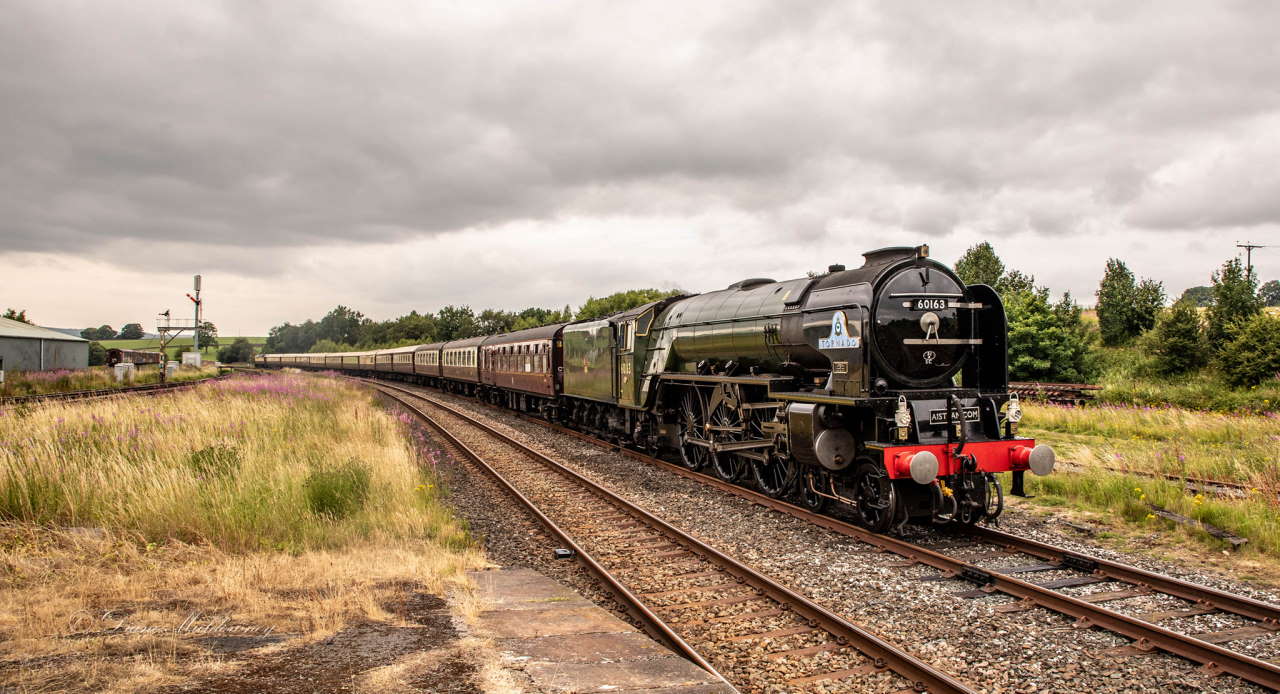I think there will always be an educational role for heritage railways, but I’m sure that it will become increasingly difficult to attract younger visitors in the near future, as most people under say 80 years of age are much more aware of the environmental impact of consuming fossil fuels.
The future lies in very neat, perfectly-presented preserved railways, in most cases trimmed back in length to much shorter less ambitious lengths to enable the smaller number of volunteers to maintain them to the very high standards of presentation the public will demand In the future.
On running days, most trains will need to be worked by battery electric locomotives or multiple units, converted where possible from existing stock. All of the railways will need a proper ‘museum’ where the most interesting items of stock can be preserved and displayed in a warm, dry environment with educational interpretation to explain how and why they were used in their working life. The majority of the steam locomotives will be preserved as static displays, but with each heritage line having one or two engines which can be steamed occasionally for high days and holidays.
As enthusiasts, most of us have a very distorted view of the overall importance of rail travel today for the average person today. For the majority of the population living outside of the main commuting areas, railways and train travel is just not a thing, so going forward, fewer and fewer people have any connection with railways.
People will still want to visit heritage railways, but the railways will have to work hard to make themselves into interesting destinations to people with no experience of railways. Visiting a heritage railway will be a similar experience for most people as visiting a medieval castle, a civil war reenactment or a Victorian farm museum, an interesting afternoon out for the family before setting off for home and picking up a takeaway to spend the evening watching ’Strictly’ or Netflix.
Yes, there will be a future for heritage lines, and even heritage steam, but ‘perfectly packaged’ for an easy afternoon visit.
There will of course be a few exceptions, a few lines situated in prime holiday areas will continue very much as now, but with a significant reduction in steam traction, but many of our other lines will need to repackage to offer an enhanced short-visit experience with sound environmental credentials.


